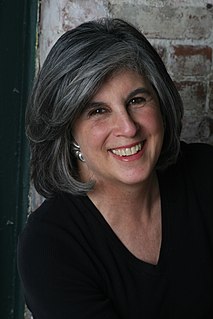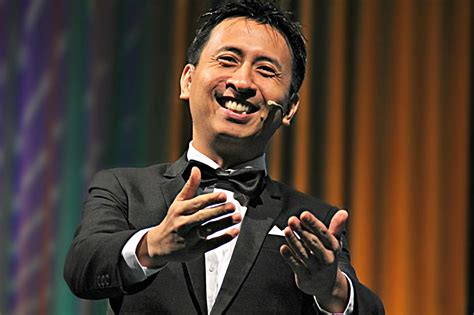A Quote by Jared Polis
My parents were active in the anti-war movement in the 1960s, so I grew up with a tradition of civic activism around our dinner table and going to different marches for different causes.
Related Quotes
Teenagers talk about the idea of having each other's 'full attention.' They grew up in a culture of distraction. They remember their parents were on cell phones when they were pushed on swings as toddlers. Now, their parents text at the dinner table and don't look up from their BlackBerry when they come for end-of-school day pickup.
My grandmother was also an active member of the tenants association and a staunch supporter of the Democratic Party, and both of my parents were extremely liberal, so I think I grew up in a household that was very politically conscious - we all watched the elections on TV, and we watched the debates. So it was an awareness that we were raised with, and as we grew into young adults, we just naturally became politically active. It was just understood that it was important, that it was our responsibility.
My family was in two businesses - they were in the textile business, and they were in the candy business. The conversations around the dinner table were all about the factory floor and how many machines were running and what was happening in the business. I grew up very engaged in manufacturing and as part of a family business.
Back in World War II, we viewed the Japanese as 'yellow, slant-eyed dogs' that believed in different gods. They were out to kill us because our way of living was different. We, in turn, wanted to annihilate them because they were different. Does that sound familiar, by any chance, to what's going on today?

































